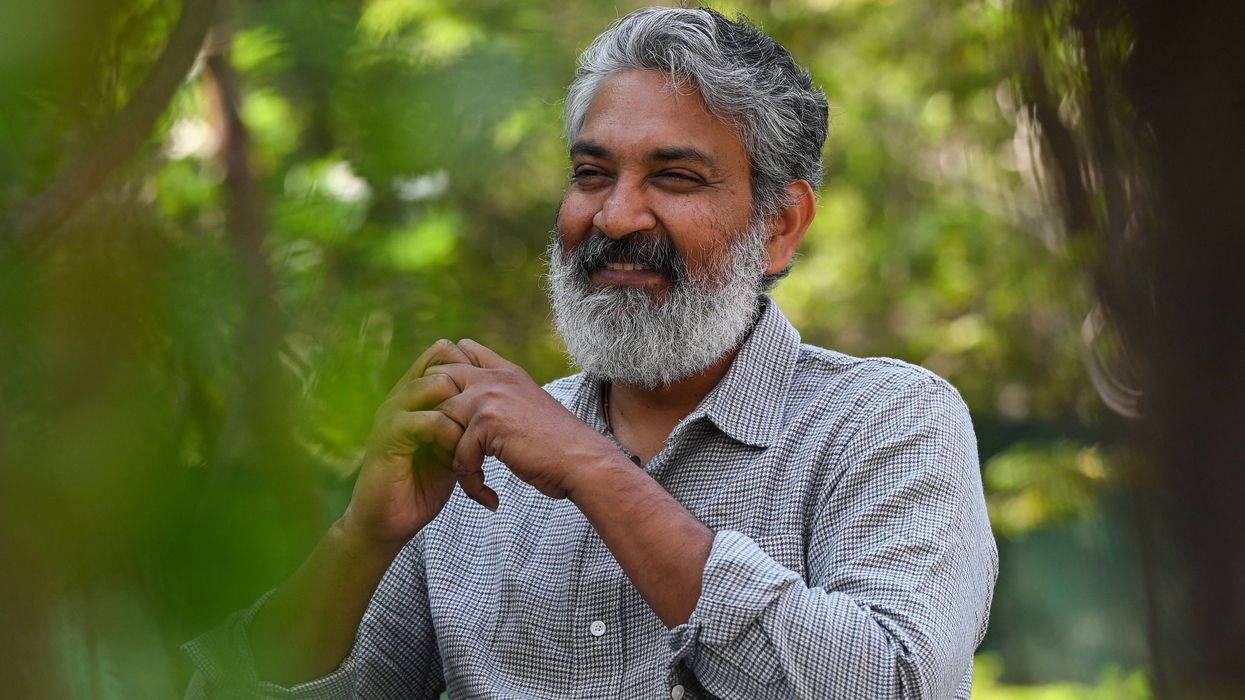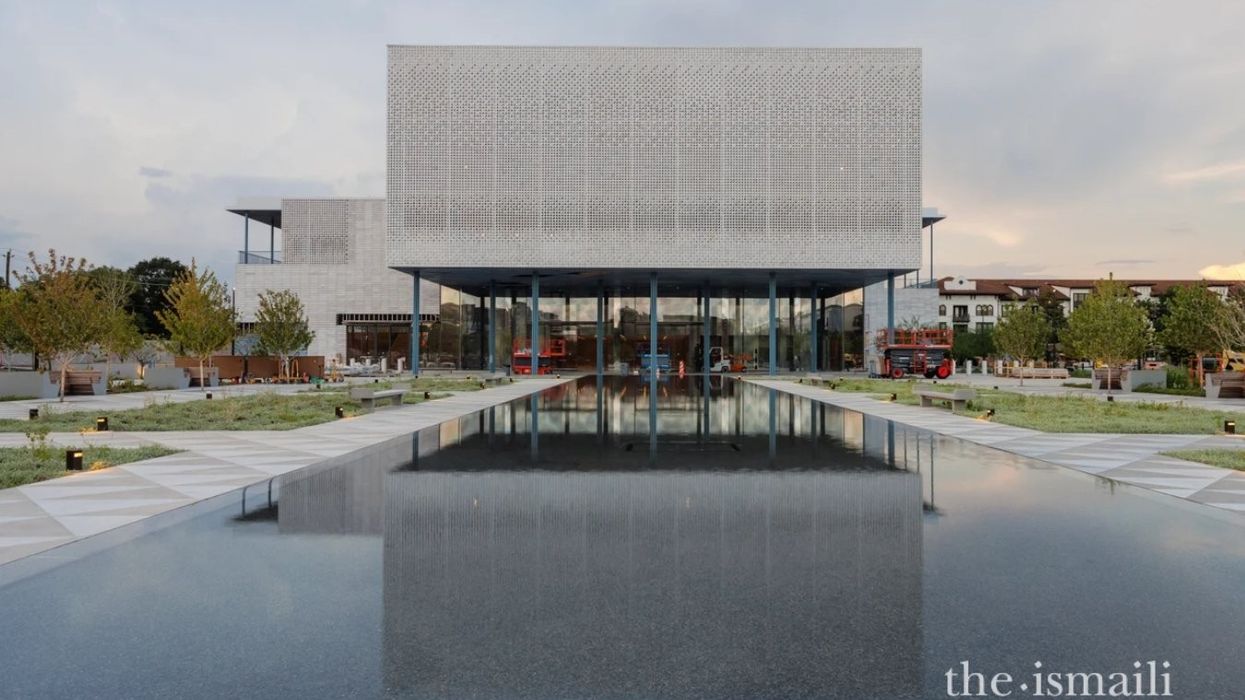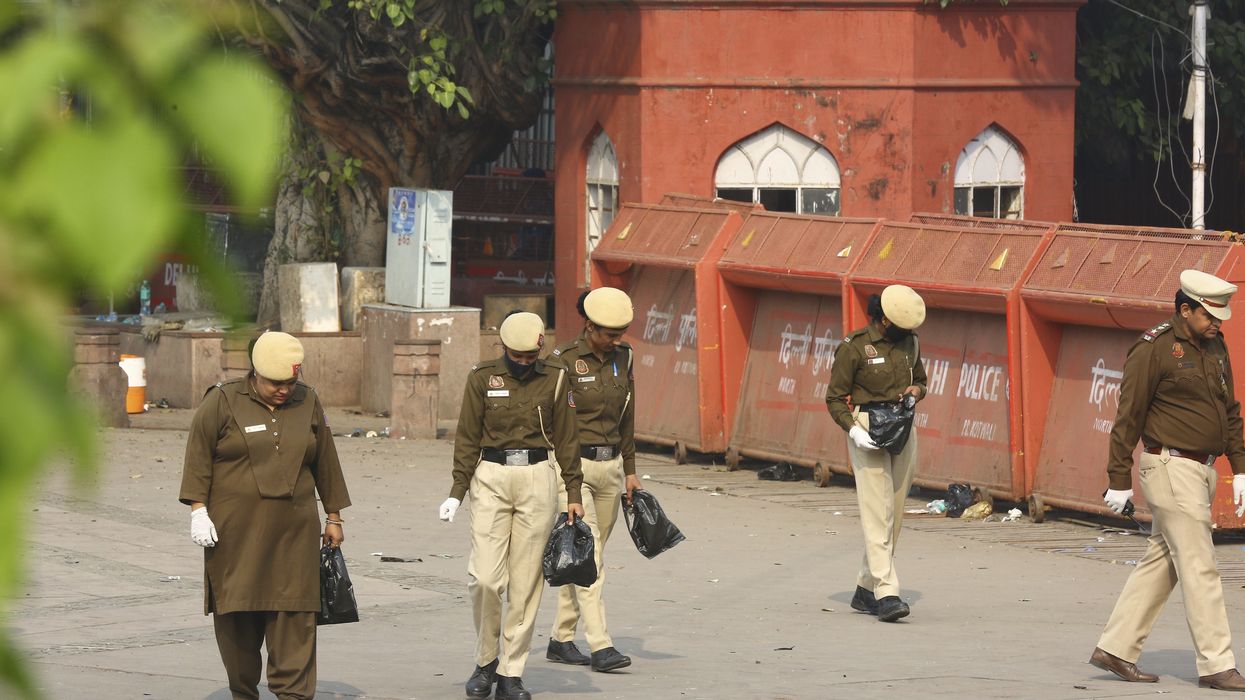Highlights:
- Massive cybercrime racket exposed: 50,000+ CCTVs hacked across India.
- Sensitive footage from hospitals, homes and offices was sold online.
- Weak passwords and poorly secured systems made hacking easy.
- Eight people arrested; investigation still ongoing.
- Experts urge stronger cybersecurity and end to victim-shaming.
The discovery began quietly in Gujarat, when police were alerted by journalists about disturbing videos circulating online. These clips, taken inside a maternity hospital, showed pregnant women undergoing medical examinations and even receiving injections. What shocked officers more was that videos were being sold on Telegram, with YouTube links directing viewers to channels where longer footage could be bought.
Massive cybercrime racket
The hospital director told the BBC that the cameras had been installed to protect doctors, not to violate anyone's privacy. The BBC chose not to reveal the name of the hospital or the city to protect the identities of the women in the clips. Not one of them has come forward to file a complaint, out of understandable fear.
When police started digging deeper, they realized this was not a one-off breach, it was a much larger and darker network. Investigators soon uncovered what they described as a 'massive cybercrime racket,' involving hacked footage from at least 50,000 CCTVs across India. These cameras were everywhere, inside homes, hospital rooms, schools, apartments, offices and even bedrooms.
CCTVs common in every household
In India's cities, CCTV cameras have become so common that many people barely notice them anymore. They are usually installed for safety, but experts say that poorly secured systems turn these cameras into silent intruders. Many are handled by staff with no cybersecurity training, and some models are so weakly protected that hacking them becomes frighteningly easy.
Past incidents have shown similar risks. A tech worker in Bengaluru reported his webcam being hacked in 2018, and in 2023, a YouTuber discovered that footage from his home CCTV had gone viral. Even though the Indian central government issued rules last year urging states to avoid risky camera suppliers and improve cybersecurity, the incidents continue.
Big business angle
Police in Gujarat described the criminals as a 'network of individuals spread across the country.' According to officers, “[They] were hacking into the video surveillance systems – or CCTV systems – of hospitals, schools, colleges, corporate offices and even the bedrooms of private individuals in multiple states.”
The racket was big business. Gujarat's top cybercrime official Hardik Makadiya said videos were being sold for 800-2000 INR ($9.50-23.70), and Telegram channels even offered live feeds for a subscription. Courts have now taken up the case, and eight people have been arrested from multiple states. They remain in judicial custody.
The accused denies the charges. The lawyer, Yash Koshti, said his clients were not hackers, insisting that somebody else was behind the breach.
Keep strong passwords
Cybersecurity investigator Ritest Bhatia explained how easy it was for hackers to break into systems. He warned that once a device is online, “it’s easy for hackers to decode its IP address and default password.” His advice is simple that change passwords, use strong ones, and ensure regular cybersecurity checks.
But the consequences of such breaches go far beyond technology. Activist Audrey Dmello pointed out that victims often remain silent out of shame. She said, “When there is a sexual angle involved, the victim is re-victimized because of the patriarchal nature of Indian society.”
Her message is clear: society must stop blaming women. Only then can justice begin.
















